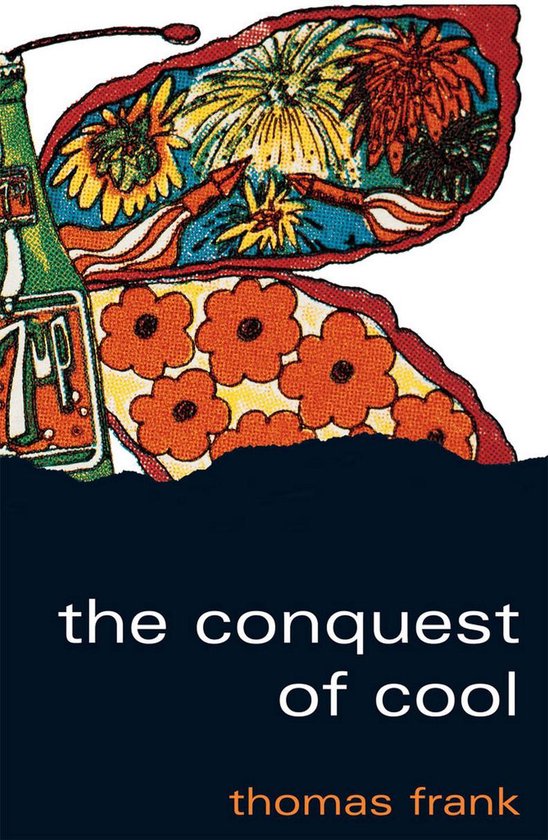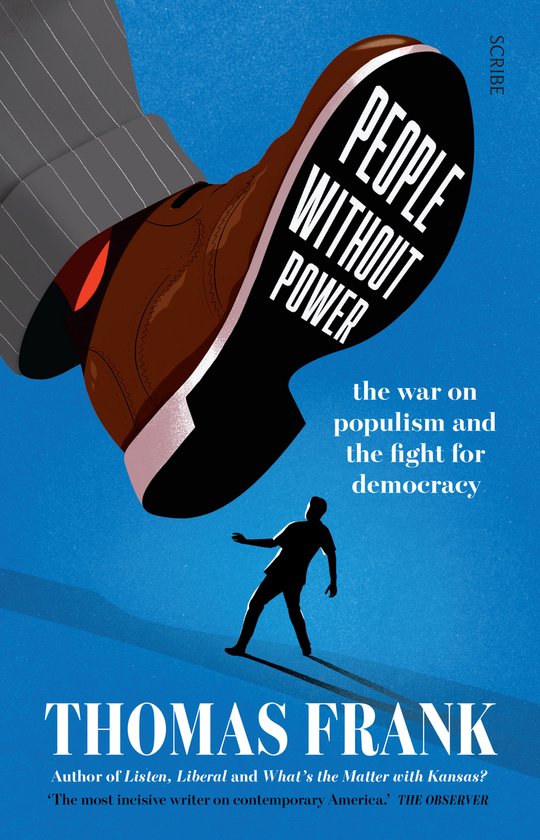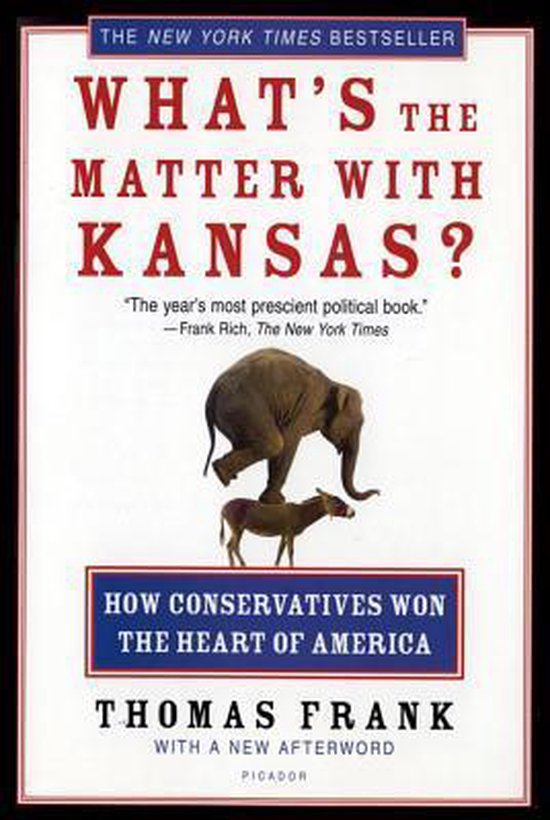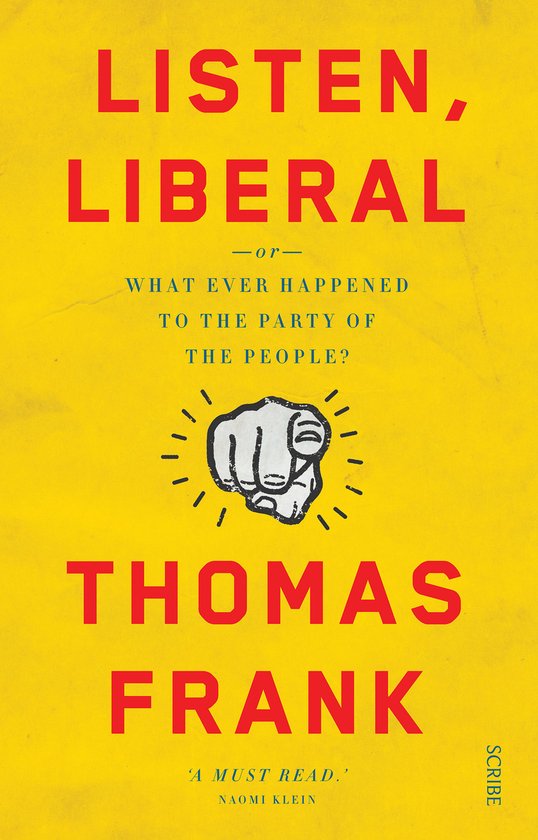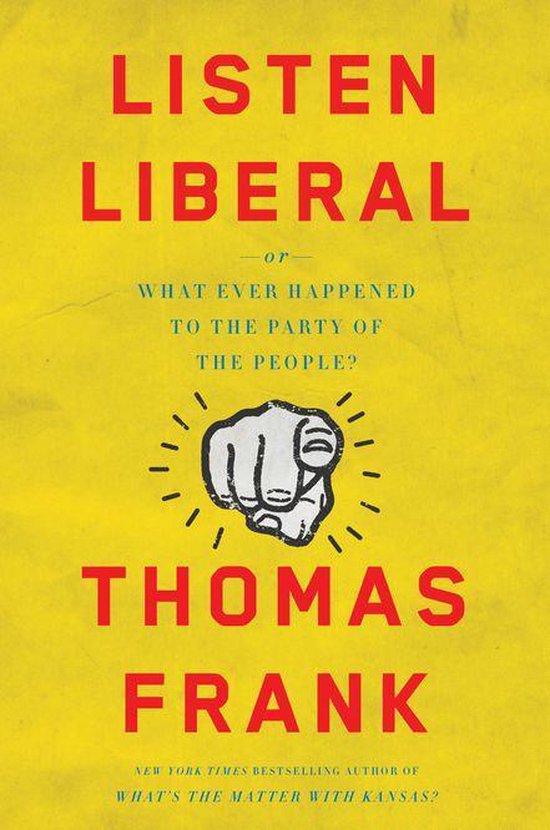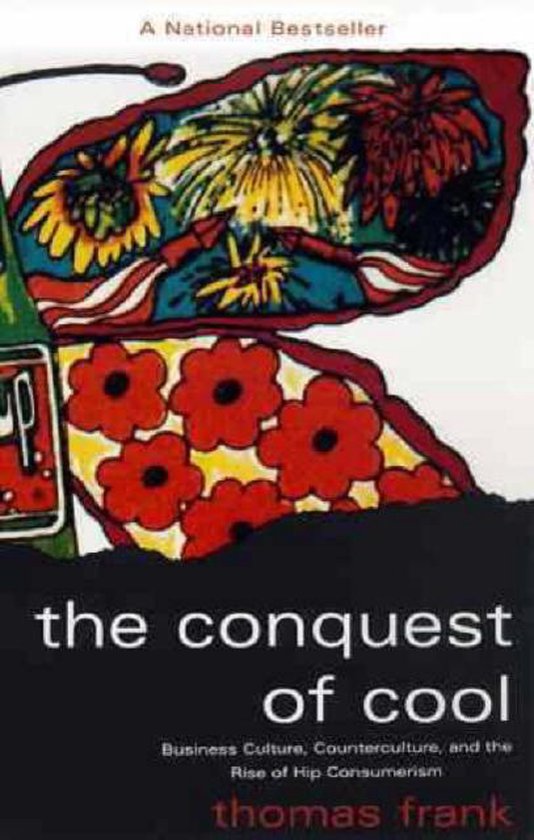
The Conquest of Cool
An evocative symbol of the 1960s was its youth counterculture. This study reveals that the youthful revolutionaries were augmented by such unlikely allies as the advertising industry and the men's clothing business. The ad industry celebrated irrepressible youth and promoted defiance and revolt.
An evocative symbol of the 1960s was its youth counterculture. This study reveals that the youthful revolutionaries were augmented by such unlikely allies as the advertising industry and the men's clothing business. The ad industry celebrated irrepressible youth and promoted defiance and revolt. In the 1950s, Madison Avenue deluged the country with images of junior executives, happy housewives and idealized families in tail-finned American cars. But the author of this study seeks to show how, during the "creative revolution" of the 60s, the ad industry turned savagely on the very icons it had created, using brands as signifiers of rule-breaking, defiance, difference and revolt. Even the menswear industry, formerly makers of staid, unchanging garments, ridiculed its own traditions as remnants of intolerable conformity, and discovered youth insurgency as an ideal symbol for its colourful new fashions. Thus emerged the strategy of co-opting dissident style which is so commonplace in modern hip, commercial culture. This text aims to add detail to a period in the 60s which has hitherto remained unresearched.
An evocative symbol of the 1960s was its youth counterculture. This study reveals that the youthful revolutionaries were augmented by such unlikely allies as the advertising industry and the men's clothing business. The ad industry celebrated irrepressible youth and promoted defiance and revolt. In the 1950s, Madison Avenue deluged the country with images of junior executives, happy housewives and idealized families in tail-finned American cars. But the author of this study seeks to show how, during the "creative revolution" of the 60s, the ad industry turned savagely on the very icons it had created, using brands as signifiers of rule-breaking, defiance, difference and revolt. Even the menswear industry, formerly makers of staid, unchanging garments, ridiculed its own traditions as remnants of intolerable conformity, and discovered youth insurgency as an ideal symbol for its colourful new fashions. Thus emerged the strategy of co-opting dissident style which is so commonplace in modern hip, commercial culture. This text aims to add detail to a period in the 60s which has hitherto remained unresearched.
| Auteur | | Thomas Frank |
| Taal | | Engels |
| Type | | Paperback |
| Categorie | | Mens & Maatschappij |
